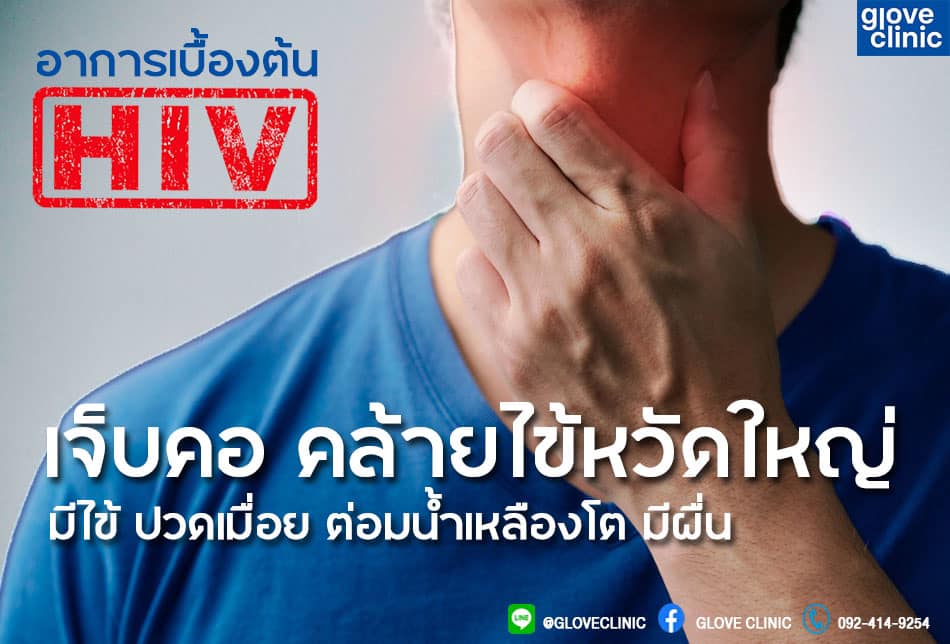294/1 Asia Building (11th Floor), Phyathai, Bangkok
ตรวจ HIV รีวิวความรู้สำหรับการตรวจเอชไอวี (HIV test)
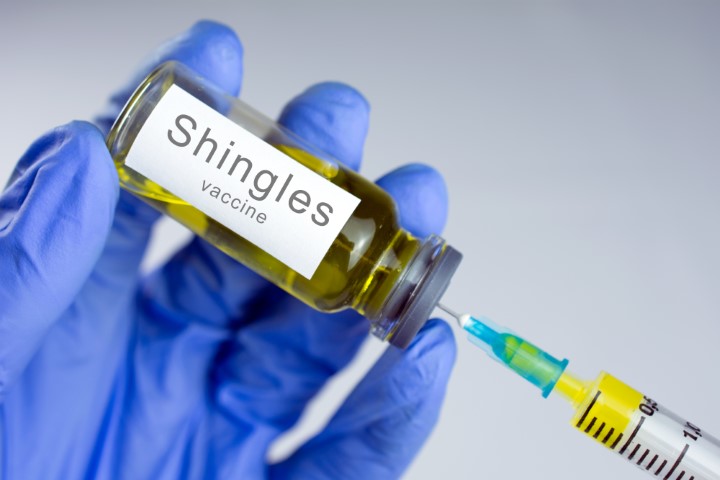
Zoster/shingles vaccine was licensed by the FDA in 2006. This vaccine reduces the risk of developing shingles by 51% and PHN by 67%. It is given in one dose as a shot, and can be given in a doctor’s office or pharmacy.
Who Should Get Shingles Vaccine?
People 60 years of age or older should get shingles vaccine. They should get the vaccine whether or not they recall having had chickenpox, which is caused by the same virus as shingles.
Even if you have had shingles, you can still receive shingles vaccine to help prevent future occurrences of the disease. There is no specific length of time you must wait after having shingles before receiving shingles vaccine, but generally you should make sure the shingles rash has disappeared before getting vaccinated. The decision on when to get vaccinated should be made with your healthcare provider.
However, CDC does not have a recommendation for routine use of zoster vaccine in people 50 through 59 years old. Protection from this shingles vaccine lasts about 5 years, so adults vaccinated before they are 60 years old might not be protected later in life when the risk for shingles and its complications are greatest. Adults 50 through 59 years who have questions about shingles vaccine should discuss the risks and benefits with a healthcare provider.
Who Should Not Get Shingles Vaccine?
- A person who has ever had a life-threatening or severe allergic reaction to gelatin, the antibiotic neomycin, or any other component of shingles vaccine. Tell your doctor if you have any severe allergies.
- A person who has a weakened immune system because of:
- HIV/AIDS or another disease that affects the immune system,
- treatment with drugs that affect the immune system, such as steroids,
- cancer treatment such as radiation or chemotherapy, or
- cancer affecting the bone marrow or lymphatic system, such as leukemia or lymphoma.
- Women who are or might be pregnant. Women should not become pregnant until at least 4 weeks after getting shingles vaccine.
Someone with a minor acute illness, such as a cold, may be vaccinated. But anyone with a moderate or severe acute illness should usually wait until they recover before getting the vaccine. This includes anyone with a temperature of 101.3°F or higher.
How Well Does Shingles Vaccine Work?
Shingles vaccine reduced the risk of shingles by 51% and the risk of post-herpetic neuralgia by 67% based on a large study of more than 38,000 adults aged 60 years or older. Protection from shingles vaccine lasts about 5 years.
While the vaccine was most effective in people 60 through 69 years old, it also provides some protection for people 70 years old and older.
Adults vaccinated before age 60 years might not be protected later in life when the risk for shingles and its complications are greatest.
What Are the Possible Side Effects of Shingles Vaccine?
A vaccine, like any medicine, could possibly cause serious problems, such as severe allergic reactions. However, the risk of a vaccine causing serious harm, or death, is extremely small. No serious problems have been identified with shingles vaccine.
- Redness, soreness, swelling, or itching at the site of the injection (about 1 person in 3).
- Headache (about 1 person in 70).
It is safe to be around infants and young children, pregnant women, or people with weakened immune systems after you get the shingles vaccine. There is no documentation of a person getting chickenpox from someone who has received the shingles vaccine (which contains varicella zoster virus).
Some people who get the shingles vaccine will develop a chickenpox-like rash near the place where they were vaccinated. As a precaution, this rash should be covered until it disappears.
Reference: https://www.cdc.gov/vaccines/vpd/shingles/public/index.html
Make Appointment





Relate content :
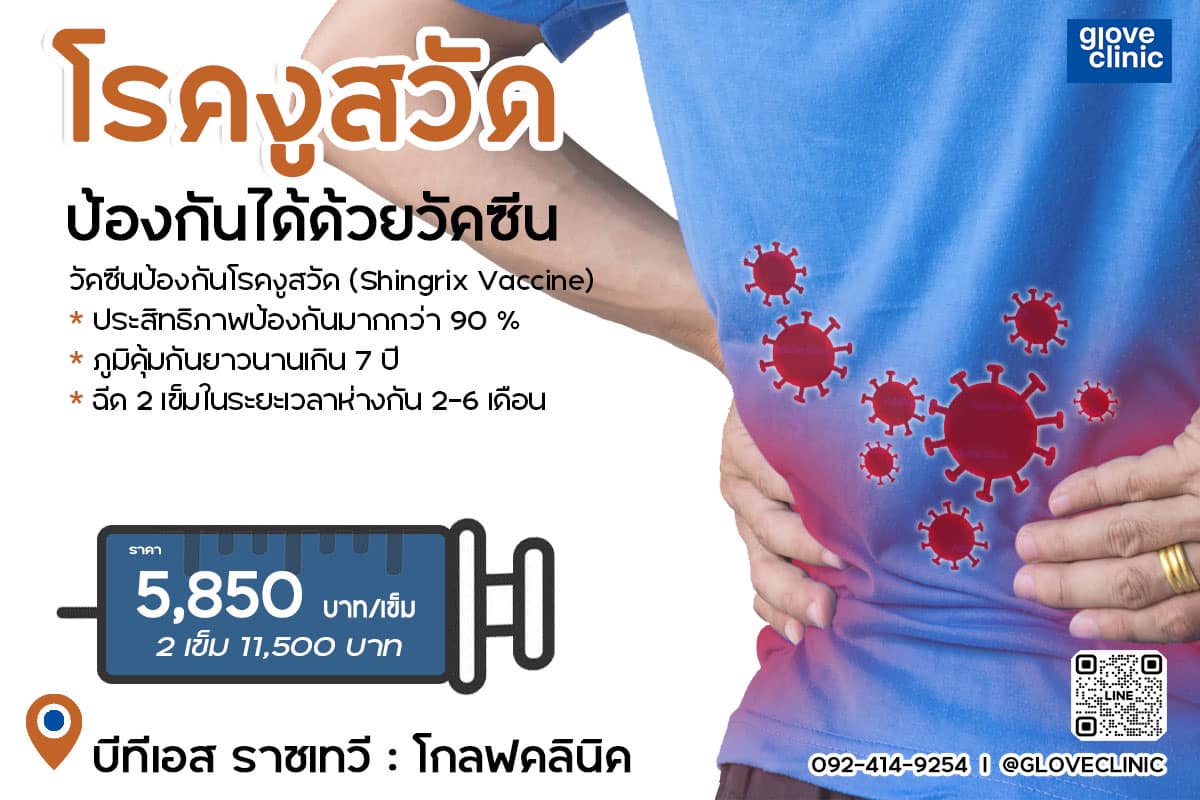
ฉีดวัคซีนงูสวัดที่ glove clinic
งูสวัดคือไวรัสชนิดหนึ่ง (Herpes zoster) ซึ่งเป็นเชื้อไวรัสตัวเดียวกันกับอีสุกอีใส (Varicella zoster) เมื่อเราติดเชื้อไวรัสอีสุกใสในวัยเด็กแล้ว ไวรัสสามารถที่จะหลบซ่อนได้ในร่างกายเป็นเวลานานหลายปี จนกระทั่งเมื่อร่างกายอ่อนแอ ไวรัสนั้นจึงออกมาทำให้เกิดอาการตุ่มน้ำใส ปวดแสบร้อนตามบริเวณที่เส้นประสาทต่าง ๆ ของร่างกายซึ่งเรียกกันว่างูสวัด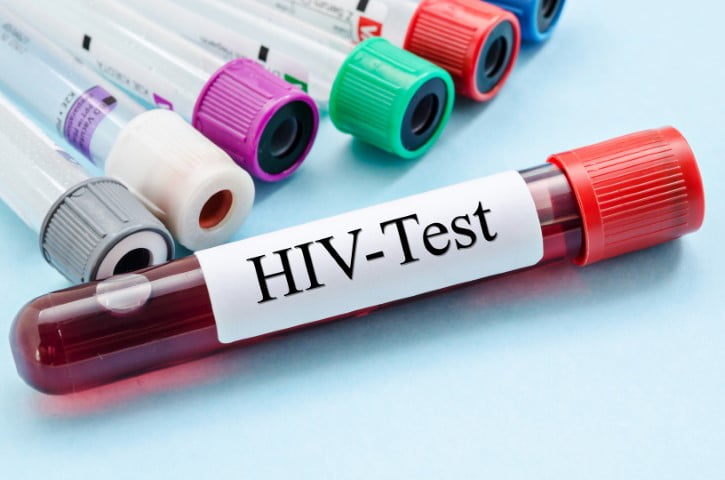
ตรวจ HIV รีวิวความรู้สำหรับการตรวจเอชไอวี (HIV test)
เอชไอวีคือไวรัสที่สามารถติดต่อได้จากการมีเพศสัมพันธ์, การใช้เข็มฉีดยาร่วมกัน, และการติดจากแม่สู่ลูก เมื่อติดเชื้อไวรัส HIV ไวรัสจะทำให้ภูมิคุ้มกันของร่างกายอ่อนแอลง และติดเชื้อโรคอื่น ๆ ได้ง่าย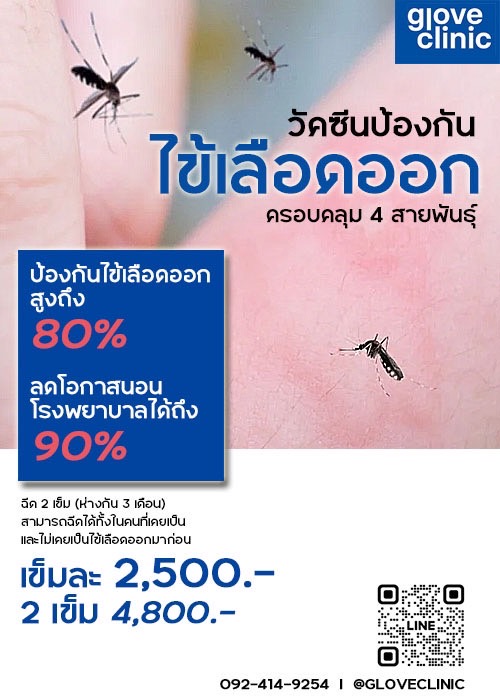
ปีนี้มีคนไข้ป่วยด้วยไข้เลือดออกมากกว่า 2-3 ปีที่ผ่านมา
เนื่องจากว่าผู้คนกลับมาใช้ชีวิตปกติ มีการเดินทาง จึงพบการระบาดมากขึ้น โดยจากสถิติของกรมควบคุมโรคพบว่ามีผู้ป่วยด้วยไข้เลือดออกในประเทศไทยเกินกว่า 60,000 รายไปแล้วทั้งปี 2566 ไข้เลือดออกเป็นโรคที่ก่อให้เกิดความรุนแรงได้ทั้งในเด็กและผู้ใหญ่ โดยเฉพาะอย่างยิ่งในคนที่เป็นซ้ำครั้งที่ 2 จะมีโอกาสเกิดภาวะช๊อคและเสียชีวิตได้มากขึ้น (โอกาสเสียชีวิตอยู่ราว ๆ 1:1,000) วัคซีนไข้เลือดออกรุ่นใหม่สามารถครอบคลุมได้ทั้ง 4 สายพันธุ์และทั้งนี้ผลการศึกษาพบว่าช่วยป้องกันการติดเชื้อได้ถึง 80% และลดโอกาสการนอนโรงพยาบาลได้ถึง 90% นอกจากนี้ยังสามารถฉีดได้ทั้งในคนที่เคยและไม่เคยเป็นไข้เลือดออกมาก่อน (วัคซีนไข้เลือดออกรุ่นเก่าไม่ควรฉีดในคนที่ยังไม่เคยเป็นไข้เลือดออก) สอบถามข้อมูลเพิ่มเติมเรื่องวัคซีนไข้เลือดออกได้ที่ 092-414-9254, Line Official @gloveclinic (มีแอดข้างหน้า)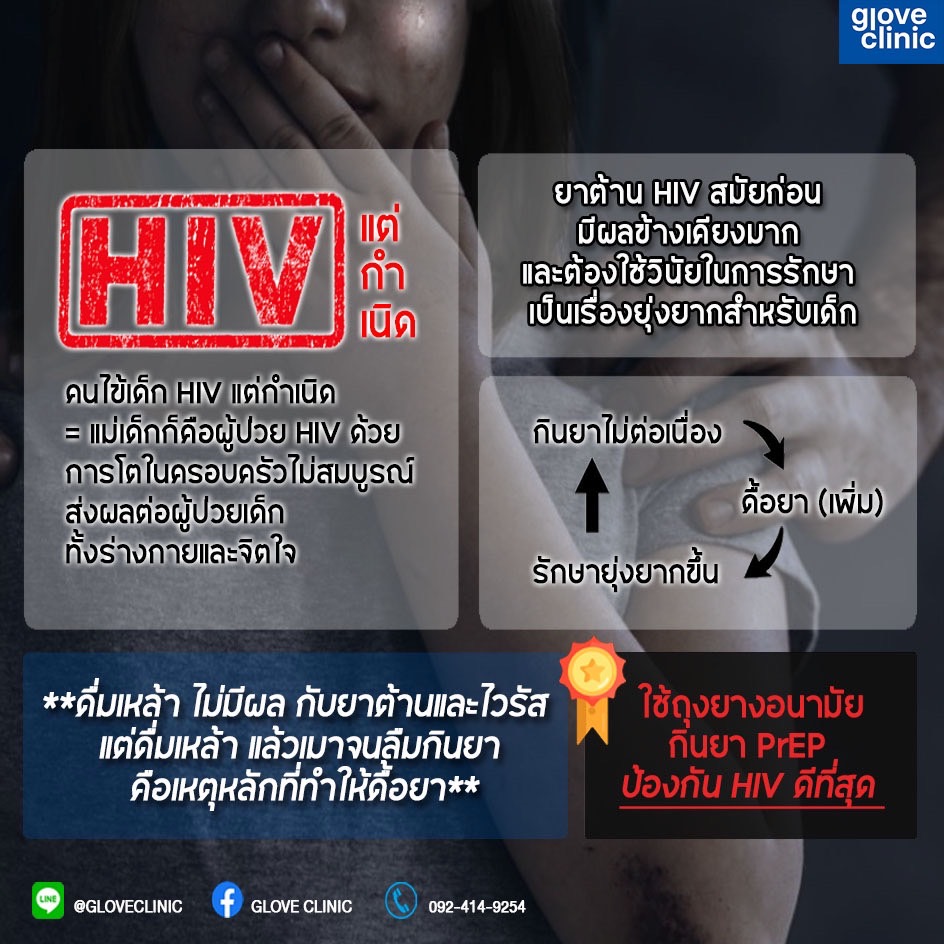
HIV แต่กำเนิด
ประเด็นร้อนที่ได้รับการพูดถึงอย่างมากในโลกออนไลน์ที่มีข้อความของนักศึกษาหญิงเปิดเผยว่าตัวเธอเองได้มีเพศสัมพันธ์แบบ one night stand เวลาไปเที่ยวกลางคืนบ่อยครั้ง และได้บอกความจริงว่าเธอเองมีเชื้อ HIV
อาการของเอดส์เป็นอย่างไร ทำความรู้จักกับเอดส์
เอดส์ คืออะไร แท้จริงแล้วเอดส์ไม่ใช่โรค หากแต่คือระยะสุดท้ายของการติดเชื้อ HIV ซึ่ง HIV นั่นเองคือไวรัสที่ทำลายภูมิคุ้มกันของร่างกาย โดยเซลล์หลักที่ถูกเล่นงานโดยไวรัสก็คือเม็ดเลือดขาว CD4 ซึ่งเป็นเซลล์ที่บัญชาการระบบภูมิคุ้มกันของร่างกาย ซึ่งเอดส์ในภาษาอังกฤษก็คือ AIDS ย่อมาจาก Acquired immunodeficiency syndrome กำเนิดของการเรียกชื่อว่าเอดส์ เดือนมิถุนายน ค.ศ. 1981 ในวารสารของกรมควบคุมโรค ประเทศสหรัฐอเมริกาได้รายงานว่ามีเกย์หนุ่ม 5 คนมีอาการปอดอักเสบจากเชื้อรา และได้รับการรักษาในโรงพยาบาลที่ Los Angeles โดย 2 รายเสียชีวิต และนอกจากนี้ทั้ง 5 คนยังพบการติดเชื้อไวรัส CMV และมีเชื้อราในช่องปากร่วมด้วย ซึ่งเชื้อต่าง ๆ ที่เล่ามานั้นมักเจอในผู้ป่วยที่มีภูมิคุ้มกันบกพร่อง ในขณะนั้นโลกยังไม่ได้รู้จักกับไวรัส HIV ว่าเป็นสาเหตุตั้งต้นของสิ่งที่เกิดขึ้น การเรียกภาวะนี้ในยุคแรกจึงได้เรียกว่า AIDS หรือ “เอดส์” ซึ่งย่อมาจาก acquired immunodeficiency syndrome อาการของเอดส์แตกต่างกับ HIV ยังไง เอดส์คือชื่อระยะที่ 3…